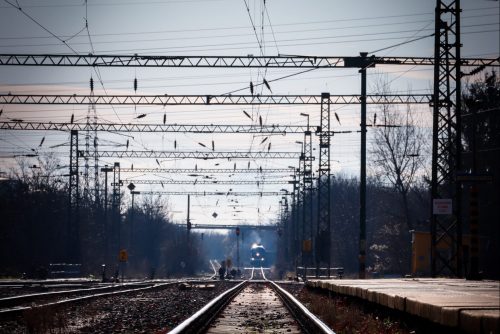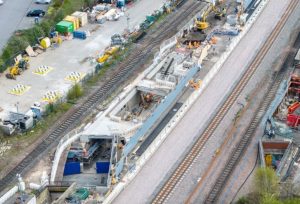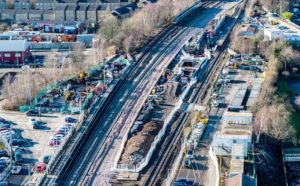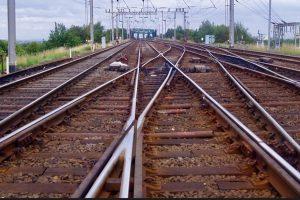Invest North: We are seeing recovery in the transport sector

The North is beginning to see a recovery in the transport sector, but the region is still lacking the investment it needs for a better-connected system.
In a panel session exploring the North’s ambitions to be better connected to itself, the rest of the UK and the world, Jan Bramhall, CFO at Manchester Airports Group, spoke about the volatility with international travel due to Covid-19 and the various variants over the past two years but is confident of the sector’s outlook in 2022.
She said: “We’re very confident that the recovery is beginning to come back subject to no more travel restrictions and variants and everything else, but the volatility is still out there to some extent.
“We are very positive about FY22, and we recently published some data to suggest that FY22 for Europe would be in excess of 86% of pre pandemic levels.
“So, we’ll effectively achieve 40 years growth over the space of two years.”
Matthew Golton, managing director at TransPennine Express, said commuter travel has changed permanently.
“We’re about 68% of where we were pre-COVID. We moved 57,000 passengers on our network yesterday, but that’s compared to the 84,000 that we did pre-Omicron.
“I think it’s fair to say commuter business and leisure travel has probably changed permanently, and leisure will be more important in the post COVID world than it was before.”
Henri Murison, CEO of Northern Powerhouse Partnership said one of the biggest challenges for the sector was the return to long haul travel.
He said: “The long-term value of destinations like China, India and the connectivity across the States have seen a loss through the pandemic and is an ongoing issue for us.
“Because if you want to be able to attract investment, if you want to encourage businesses to export, they are going to have to return to those face-to-face conversations.”
Tim Wood, Northern Powerhouse Rail Director at Transport for the North, said the current recovery rate across major stations in the North was at 81% of pre-Covid levels with Liverpool and Leeds occupying the top two places on the table.
“Manchester Piccadilly is in fifth place, but it’s ahead of Birmingham and London Euston.
“The London average at the moment is just 58% with the non-Northern or London stations averaging around 63% of pre-0COVID levels.
“That’s important as it shows that even coming out of the first phase of COVID, and then the Omnicom phase, the North came back a lot quicker, with commuters getting back onto those trains.
“And while Matthew is absolutely right, there was a change in direction it was more sort of tourism base and that went through the roof.”
He added: “But we haven’t got the capacity and connectivity in the North to keep that growth going. That’s why we need the right investment coming from decisions that are evidence based so that we understand what the outcomes are going to be before we make that investment.”
Kevin Whitmore, director, Head of North & Midlands at BECG argued the North is not getting the level of investment it ‘deserves and needs’ to get people back into using public transport fully and said the sector needed to work with what it has currently got.
“There’s a lot of pent-up private sector funding around specific opportunities that are really looking at how the private sector invest in some of this infrastructure to deliver wider growth.
“We’ve got to start as a Northern business community thinking about what we can do together to fund some of this if we’re not going to get the investment coming from Whitehall.”








